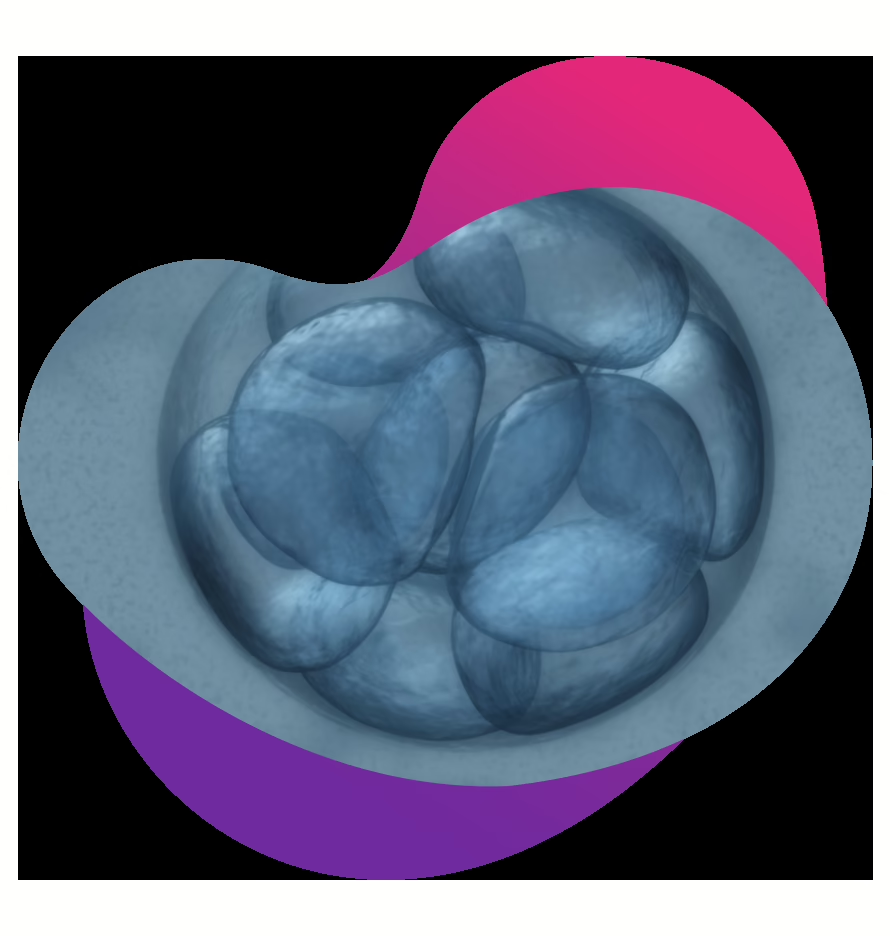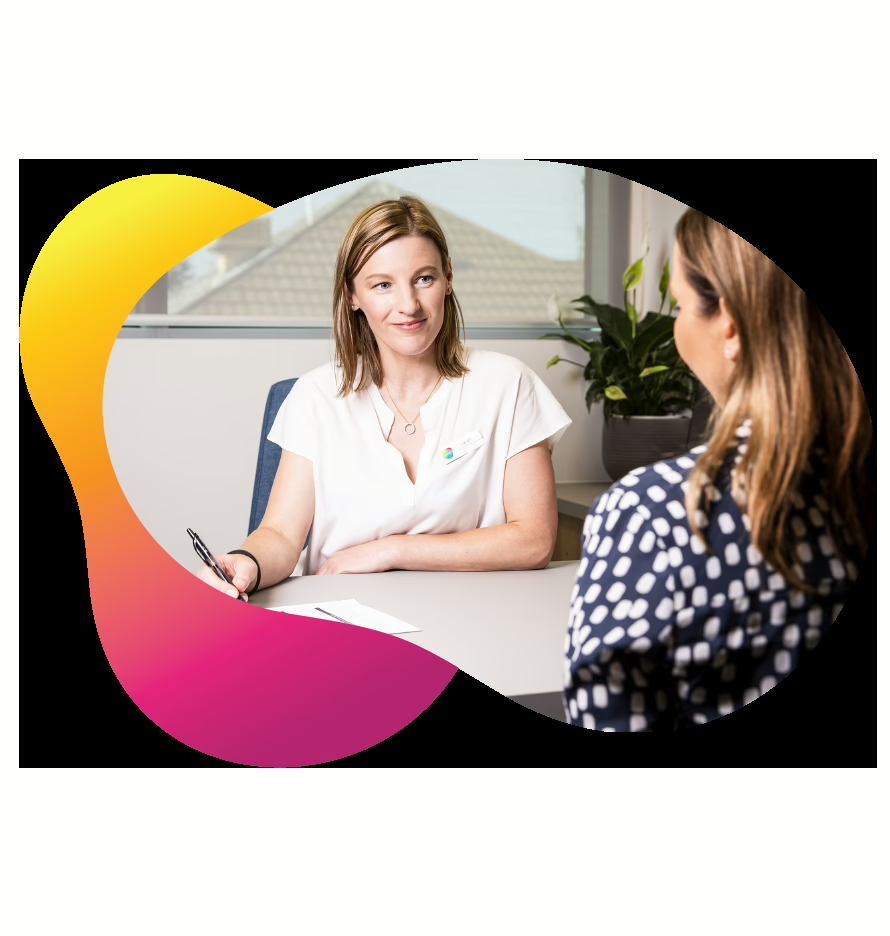Becoming a sperm donor
What are the types of sperm donors?
At Newlife IVF, there are two types of donors – IR (identity-release) sperm donors and known sperm donors.
What is an IR sperm donor?
IR donor sperm means that the recipient does not know the identity of the sperm donor at the time they undergo treatment. In the future, however, if a baby is born as a result of sperm donation, this person will be able to access the identity of the sperm donor at the age of 18 years. Recipients and donor-conceived people may request the identifying information of a sperm donor at any time prior to the child’s 18th birthday. However, this is only provided if the donor consents to this.
What is a known sperm donor?
Being a known sperm donor means that the recipient(s) of your sperm know your identity. You may know the person(s) you wish to donate to through your own personal connections and networks, such as family, friends or acquaintances, or you may connect with a potential recipient online through social media or online forums.
Reasons to donate
There are many reasons why people decide to become sperm donors. Maybe you don’t plan on having your own children – or perhaps you have children already, and simply want to give those who can’t conceive naturally the chance to also experience the joy of family. You might have struggled with fertility challenges yourself or know someone who has, and would now like to help others in similar circumstances. Donating your sperm can be incredibly rewarding, especially when you know from your own experience how much of an impact you are having on someone else’s life. Whatever your reasons, your sperm donation could be the lifeline a couple or an individual desperately need to start or build the family they desire.
Eligibility criteria
In order for us to give people the best chance of achieving a pregnancy, we need to carefully consider the health of a potential sperm donor. Generally speaking, you are eligible to become a sperm donor if you meet the following criteria:
- You are aged between 21–45
- You are in good physical and mental health, and lead a healthy lifestyle
- You have no family history of inheritable disease.
What does IR sperm donation involve?
At Newlife IVF, we aim to make donating as easy as possible for you.
Our donor coordinator will get in touch with you to arrange an initial intake phone call. After that, an online medical and genetic health questionnaire will be sent to you to complete regarding your and your family’s medical and genetic health. This is followed by a blood and urine screening test, and an appointment with one of our fertility specialists. Providing semen samples for donation takes place at our Box Hill site. Our donor coordinator will arrange these appointments for you as multiple samples will be required.
Counselling is a mandatory part of the process of becoming a sperm donor, to ensure you have considered your decision carefully and are fully informed about the legislation and future implications. There are two individual counselling sessions and if you have a partner, they are also required to attend.
It is important that you are fully aware of the possible outcomes of donating. Therefore, our counsellor will also discuss the consent form with you.
We then ask you to donate your sperm on a few occasions over a short period of time, to ensure we have an adequate supply of your sperm for use. This enables a person or couple to access your sperm on multiple occasions (if needed) to attempt to achieve a pregnancy. We work within your time frames and tailor the number of donations to your specific availability.
After this, we will assist you in creating a profile available to Newlife IVF recipients to view. This profile will include details such as your past medical history, family history, reason for donating and your physical characteristics. This information is designed to help recipients select their donor, but will be presented in a way that ensures you cannot be identified.
For further information on the process, read IR sperm donor arrangements.
What does known sperm donation involve?
If you want to direct your donation to someone you know, the first step is for you and your potential recipient(s) to see one of our fertility specialists and complete the required medical blood and urine screening.
You will then be required to attend our Box Hill site for semen freezing – usually, one or two samples are required. These samples must be quarantined (kept in storage) for 3 months, allowing time for an additional blood and urine sample to be taken three months after your donation.
Counselling is a mandatory part of the process of becoming a sperm donor. Initially, there is an individual (or couple, if applicable) session for recipients, followed by an individual (or couple, if applicable) session for the donor. A group session takes place a fortnight later.
Get started
Call (03) 8080 8933 or email [email protected] to book an appointment. Alternatively, complete the call-back form at the bottom of this page, and we’ll be in touch soon!
Further reading
See these articles from our Fertile Thinking blog for more helpful information on sperm donation:




